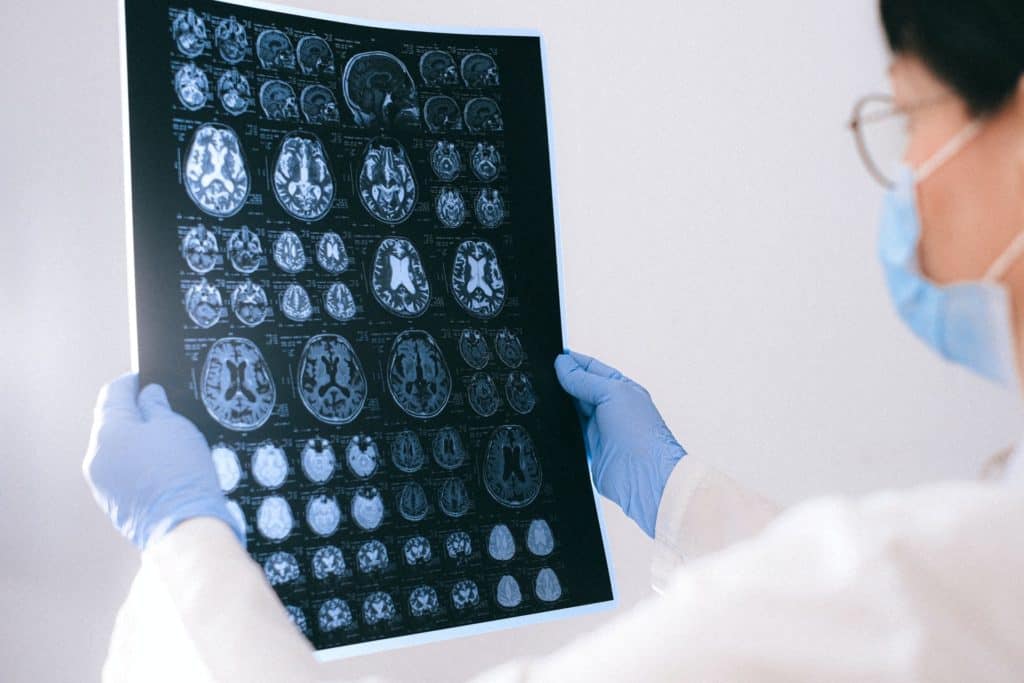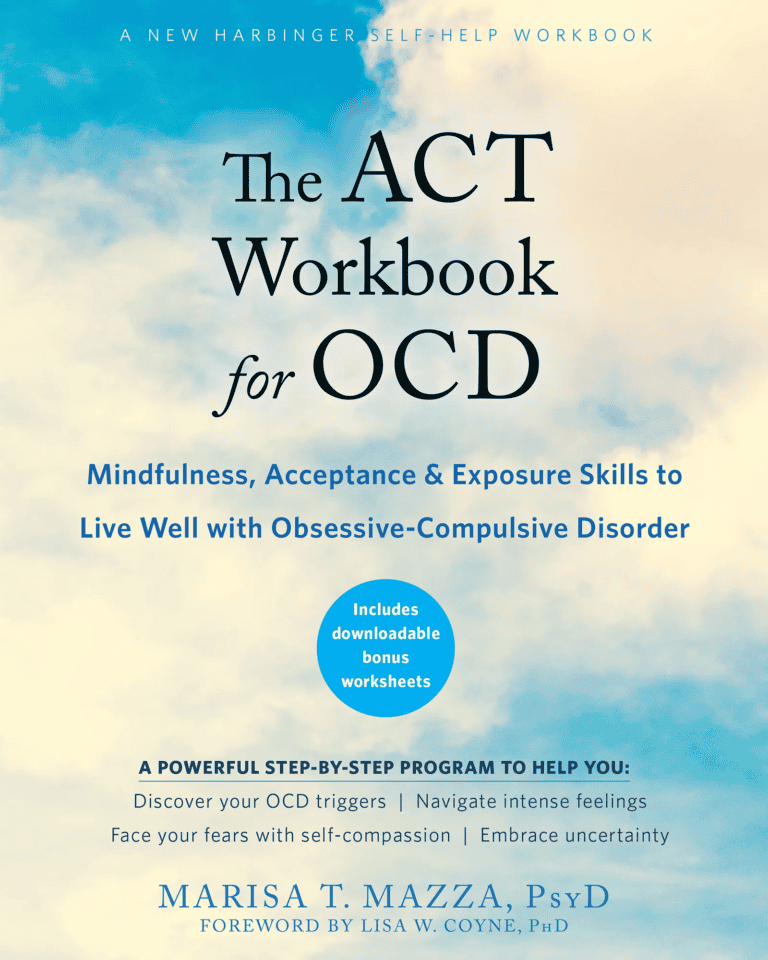4 Fundamental Causes Of OCD

What Is OCD?
Obsessive-Compulsive disorder is a mental health disorder that affects roughly 2% of the general population (worldwide). That means that out of every 100 people, 2 are living with OCD.
Considering that there are around 8 billion souls on Earth, that equates to about 90 – 170 million people in the world suffering from OCD. Yes, a lot of people have to endure OCD on a daily basis.
OCD consists of two fundamental divisions, the first division is obsession while the other is a compulsion. Obsessions are the thoughts that trigger the feeling of stress, anger and pain. These thoughts repeat often and slowly begin to interfere with everyday life.
Compulsions on the other hand are the opposite of Obsessions, they are a type of barricade against undesirable thoughts. Compulsions are any actions and/or repeated behaviors either mental or physical that one performs to release stress.
Symptoms of OCD
OCD symptoms are countless and if you look closely you could easily discover them in today’s society(especially with the ongoing pandemic). These symptoms include both Obsessions and Compulsions that we discussed earlier.
Common OCD Symptoms
- Fear of bacteria, germs and pathogens contaminating your hands
- Repeating a certain phrase (no matter how gibberish it may be) over and over
- Excessive checking on doors and stoves
- Ordering anything and everything in a specific way just to feel “right”
- Blashpemous sexual images regarding ordinary people, religious and public figures
- Thoughts and/or images that harm one’s self or others
Biological Factors Leading To OCD
In the latter years of the nineteenth century precisely in 1997, Dr Jeffrey Schwartz made a major discovery. In his article “Obsessive-Compulsive Disorder,” he explains new evidence found regarding the origin of some cases of OCD. From the start, scientists did not know what was the root cause of OCD in the general population.
The majority of psychiatrists believed that OCD is purely a mental state. Moreover, as more studies and research began to formulate and expand it became clear that OCD is much more than a mental disorder.
Results claimed that OCD is a result of damage to a certain part of the brain called the basal ganglia. This amazing discovery proved that OCD is in fact a biological disorder, despite early beliefs that it’s a mental condition.
Related article(s) – What Causes OCD To Get Worse?
Genetic Factors Play A Role In OCD
Genetic elements also factor into the OCD equation. However, numerous studies show OCD that it’s partially genetic.
The Director of the Yale OCD Research Clinic, Dr Christopher Pittenger stated that “Genetics contribute to overall risk, but they do not completely determine whether or not an individual is going to develop the disorder,”.
In terms of understanding OCD’s genetic factors we have a long way to go.
Researchers are beginning to use indirect ways in hope’s of understanding the genetics behind OCD. Numerous studies published in the early 2010’s revealed that an estimated between 25 to 50 percent of the risk for OCD symptoms may be attributable to genomic differences between individuals in a population.
Furthermore, studies have also uncovered that with first – degree relatives of a person diagnosed with OCD chances are that they will be twice as likely to develop it themselves. This connection drastically increases in specific cases where there is a diagnosis of OCD in a relative from childhood.
Do you require assistance? – Visit our Help page for more details about leading institutions in eight countries and counting!
In such cases, the chances of developing OCD yourself skyrockets to ten times more. There is no question that genetic elements play a major role in developing OCD, the real question is by how much.
According to twin studies published in the early 2000’s, identical twins have a higher chance of developing OCD (about 90%) than fraternal twins. The likelihood of fraternal twins developing OCD decreases to about 50 %.
Scientists are yet to find the specific genome responsible for the formulation of OCD.
Chemical Imbalance In The OCD Brain

Similar to many anxiety disorders where there is deficiency of serotonin levels in the brain, OCD is no different. But what is serotonin anyway and why is it important to begin with?
Serotonin is a chemical in the nerve cells. Serotonin is a neurotransmitter, it is responsible for sending signals from one part of the brain to another.
Even with numerous studies we still don’t know how serotonin causes OCD in an individual, but we know for a fact that they are linked.
Serotonin levels affect our mood, aggression, learning capabilities, appetite, memory and lastly sleep. Yes, serotonin is a very important chemical our brain requires to function properly.
Other Theories Believed To Cause OCD
Despite biological factors, genetic elements and chemical imbalances in the brain, other theories emphasize different potential causes of OCD.
Related Article(s) – What Will Happen if OCD is Left Untreated?
Personal Experience Affects OCD
Personal experience is believed to have an effect on people diagnosed with OCD. Childhood traumas, school bullying and poor parenting techniques could encourage an individual to nurture and further develop OCD down the line.
Results from a 2020 study revealed that out of 281 people with OCD, “72 (61.2%) participants had experienced various stressful life events, and 98 (34%) participants had had traumatic experiences before the onset”
Personality Traits That May Lead To OCD
Personality is also another theory that could contribute to developing OCD. As Sigmund Freud states that personality traits such as indecisiveness and orderliness played a large role in the development of OCD.
This theory states that an individual’s personality traits could be risk factors in the future. For example, a perfectionist individual may be at a higher risk of developing “perfection” OCD rather than any other type.
Download Your FREE OCD Worksheets NOW!
Environmental Elements In OCD
According to numerous studies, environmental experiences translate to “stressful life events”. Breaking up with a boyfriend, end of year exams and a tough divorce are some examples of stressful life events.
Moreover, these measures are called dependent life events in which are events that can be influenced by the individual’s behavior.
Treatment Methods Used In OCD
- Exposure and Response – Facing your OCD fears and obsessions heads on with your psychologist. The main point is to experience your fears without performing compulsions you are used to doing.
- Imaginal Exposure – An individual that has OCD is guided by his/her psychologist in an imaginary session where he/she begins to imagine their worst fears coming true without performing compulsions.
- Cognitive Therapy – A different structure of psychotherapy that emphasizes how our own thoughts and beliefs affect our actions.
- Medicine – can be used as an additional treatment option when psychological therapy does not seem to be helping or when it is not the most appropriate treatment for the person. Most antidepressant drugs work by altering the levels of chemicals in the brain. A common example is the use of SSRIs(selective serotonin reuptake inhibitors) which are medications that increase the amount of serotonin in the brain.
Related Article(s) – Three Evidence-Based Treatments For OCD
Final Thoughts on The Causes of OCD
Overall, general causes of OCD have been categorized into three groups. Each group contributes partially in the development of OCD, these are believed to be the root cause of the majority of OCD cases worldwide.
Summary –
- Biological Factors – Damage to a specific part of the brain called the basal ganglia, responsible for important functions such as executive functions, emotional behaviors, and play an important role in reward and reinforcement of habit building.
- Genetic Factors – Fundamental elements such as hereditary and genomic factors that encourage an individual to develop OCD.
- Chemical Imbalance – Brain activity studies show that OCD patients lack the essential chemical serotonin in the brain. Serotonin, a neurotransmitter responsible for sending different types of signals from one part of the brain to the other.
Have you had any personal experience with the above causes of OCD? Do you think there are more “triggers” for OCD other than the mentioned above?
This post was all about The 4 Fundamental Causes Of OCD.






One Comment
Comments are closed.